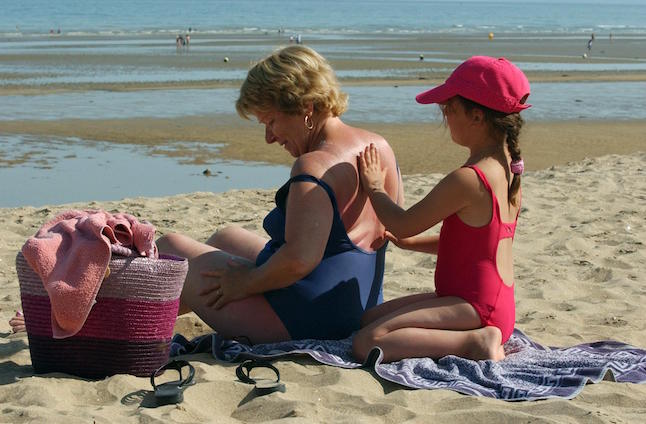Hannah’s proposal to introduce summer time all year round has not yet been brought before parliament. But if it was up to Hannah, MP for the Liberals, we would not return to winter time come October.
“You can not remove the winter, but you can make it brighter,” Hannah told news agency TT.
“People’s behavioural patterns change. When we originally had winter time, it was because we were an agricultural society that had to get up very early. Today, much of our free time is in the afternoons, but we choose to have dark afternoons.”
The first attempts to introduce summertime date as far back as 1916 – but farmers protested so strongly that it was not finally implemented until 1980.
Due its northern latitude, daylight hours in Sweden vary significantly between summer and winter. Stockholm, for example, experiences days as short as six hours in December and as long as 18 hours or more in June and July. In Kiruna, the country’s northernmost town, the sun does not set at all during the midsummer period.
Bright afternoons lead to better physical and mental health, especially for children, says Hannah. The MP’s proposal refers to a study by London School of Hygiene & Tropical Medicine that shows that children’s activity increases by two minutes per day when clocks are turned forward – the later it gets dark, the more time you have to exercise and be out in the light.
Hannah admits that he does not hold out strong expectations of the motion being passed – not least because it would mean times would become out of sync with most of the EU.
“We would probably need to do this together with other European countries, so I think the answer will be no. But I want there to at least be a national discussion,” he said.
Tonight, in any case, will be the first night of ‘summertime’ this year when 2am is changed to 3am.



 Please whitelist us to continue reading.
Please whitelist us to continue reading.